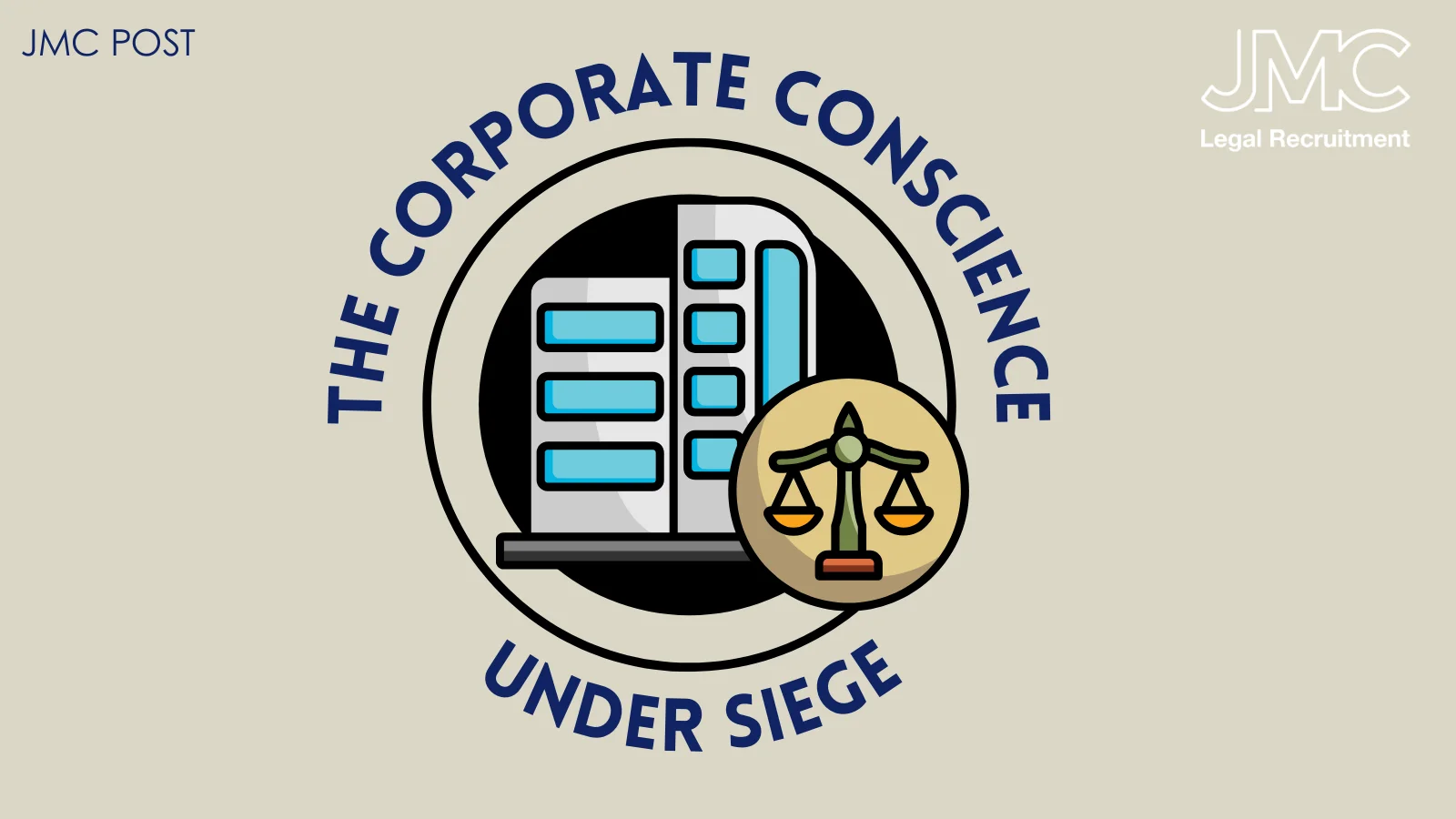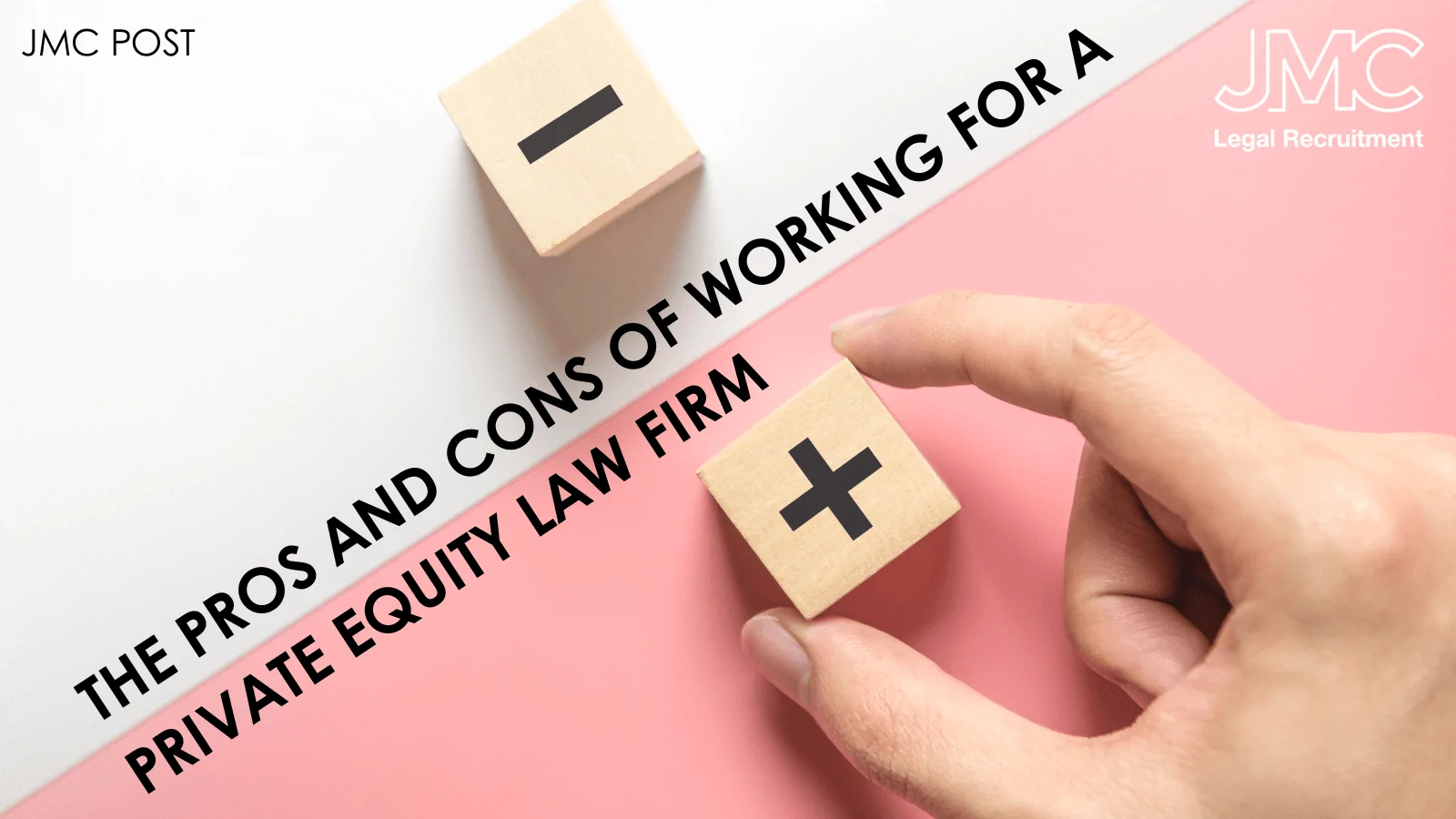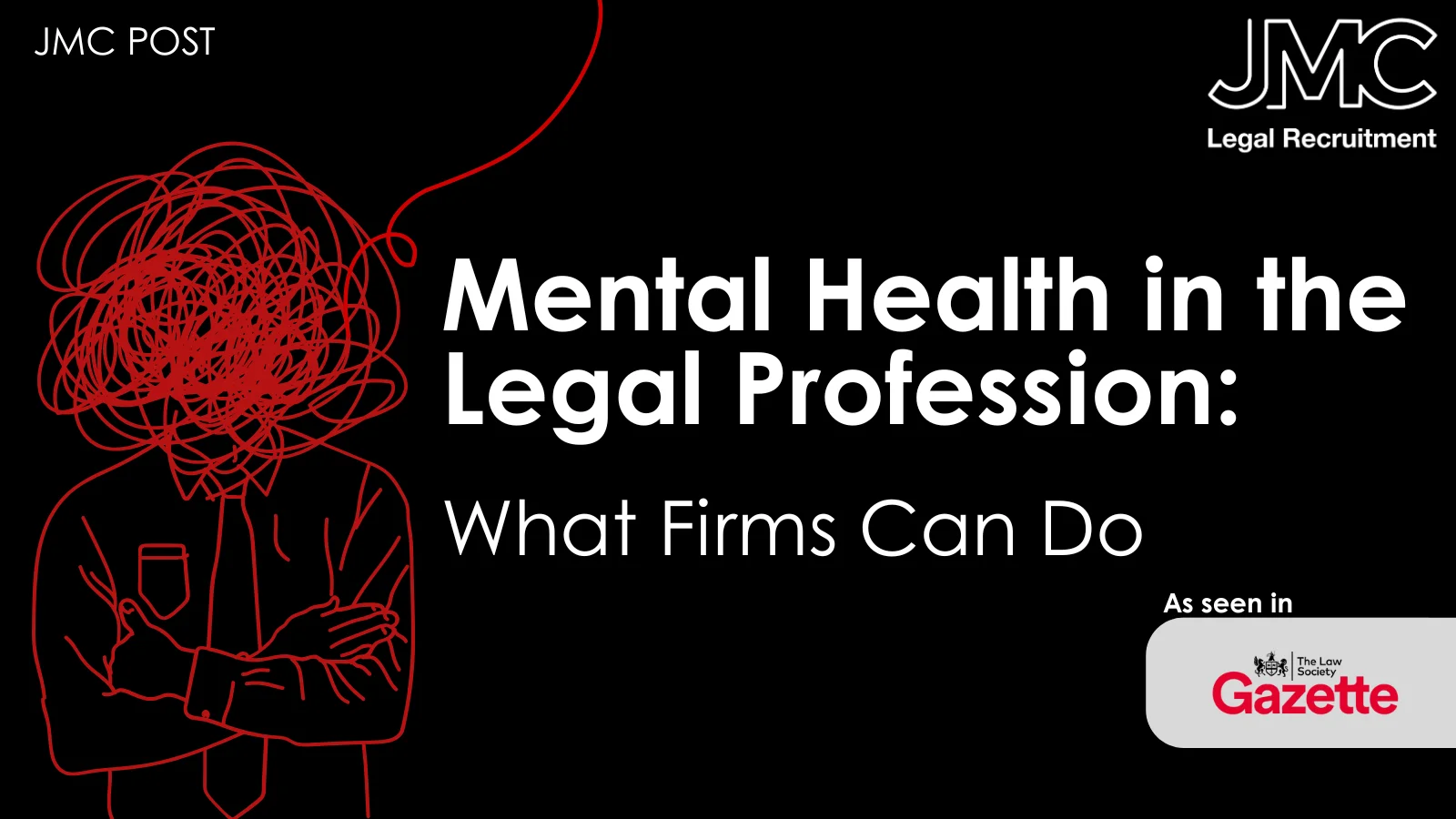
The Pros and Cons of Working for a Private Equity Law Firm
12 Jun, 20255 minutes
The Pros and Cons of Working for a Private Equity Law Firm
Understanding the Ownership Structure for Junior Lawyers
If you’re a law graduate, junior lawyer or newly qualified solicitor, you’re likely focused on sharpening your technical skills, hitting billable hour targets, and building a credible CV so you haven’t yet stopped to consider who actually owns the firms you’re applying to in your job search.
As the legal industry continues to evolve, especially in leading legal hubs like London and Manchester, ownership structure is becoming more important than ever, not just for partners, but for junior lawyers too. One of the biggest shifts? The rise of private equity-backed law firms. So, what does this mean for junior lawyers and trainees? Should you join a private equity law firm?
How Did We Get Here?
Before 2007, law firms in the UK could only be owned and managed by qualified solicitors. This model was grounded in tradition, professional ethics, and the belief that legal expertise should be at the heart of firm leadership.
That changed with the introduction of Alternative Business Structures (ABS) under the Legal Services Act 2007, which allowed non-lawyers to own or manage law firms. This opened the door for accountants, businesspeople, and crucially, private equity firms to invest in legal services.
And invest they have. Since 2019, over £1.18 billion has flowed into UK law firms from private equity investors, with a record-breaking £534 million in 2024 alone. In cities like Manchester, firms such as DWF, HF (Horwich Farrelly) and Beyond Law Group have embraced PE funding to expand, modernise, and grow their reach.
Why Does This Matter to Junior Lawyers?
You might be thinking: If I’m just starting out, why should I care who owns the firm?
Ownership structure influences everything from how the firm operates day-to-day to what your career progression might look like. It impacts culture, targets, training, and even partnership opportunities. So, what are the pros and cons of working for a Private Equity backed law firm? Here’s what you need to know:
The Pros
1. Better Resources and Infrastructure
PE-backed firms tend to invest heavily in infrastructure. As a junior lawyer, this often means larger graduate recruitment schemes and structured training and development programmes, better legal technology and innovation tools and more business support (PAs, paralegals, marketing, etc.)
If you're joining a firm early in your career, you may have more resources at your disposal than in a traditional partnership model. This investment in talent and tools can make a big difference in your learning environment.
2. Faster Career Progression
PE firms typically push for accelerated expansion; new offices, new practice areas, and new hires. For ambitious solicitors or newly qualified solicitors, this can mean opportunities:
- Promotions at earlier PQE stages
- Working on high-profile transactions and clients sooner
- The opportunity to build internal teams or departments
- Exposure to broader business strategy and leadership
If you're ambitious and commercially minded, this environment can be a launchpad.
3. Structured Performance and Clear Targets
With commercial investors come business metrics. That means your performance might be more clearly tracked and rewarded. PE-backed firms tend to offer more transparent bonus structures and provide regular reviews and feedback cycles.
If you’re someone who thrives in structured environments with measurable progression, asking “How can I progress quickly as a junior solicitor?” this level of clarity and structure could certainly work in your favour.
The Cons
1. The Culture shift
One of the most common criticisms of private equity involvement is the potential cultural shift. Traditional law firms are often run by lawyers for lawyers, with a deep appreciation for the nuances of legal work. But when business executives (who may have no legal background) are calling the shots, priorities can change. The focus can move from quality legal service to profit margins, billable hours, and monthly targets.
Not all PE firms are the same but American investors in particular are often more hands-on, target-driven, and operationally involved than their UK or European counterparts.
2. Higher Pressure and Burnout Risk
PE-backed firms are often more KPI-focused. That could mean higher billable hour expectations, more pressure to cross-sell services, and tighter performance reviews. For some junior lawyers, this kind of commercial pressure can be motivating, others however, may struggle with the relentless focus on commercial outcomes.
3. Uncertainty Around Long-Term Plans
Private equity firms usually have a defined exit strategy, typically within 5–7 years. This might mean selling the firm, going public, or merging with another business. This can create unpredictability for those building a long-term legal career.
As a junior lawyer, you might face leadership changes or strategic overhauls, office closures or restructuring, shifts in practice area priorities or even a firm sale or IPO within a few years of joining.
What Does Partnership Look Like in a PE-Backed Law Firm?
In traditional law firms, equity partnership involves a share of the profits, voting rights and decision-making power and long-term commitment to the business.
But in PE-backed structures, equity can look very different:
- Investors may hold the majority of equity
- Partnership titles may not include actual equity
- Strategic decisions may be made by non-lawyers or boards
- Partners may be incentivised through profit-sharing, not ownership
For junior lawyers with ambitions of becoming a partner, it’s important to understand what that progression looks like in practice. One useful approach is to look into the backgrounds of current senior associates and partners at the firm to get a sense of how people have moved through the ranks internally.
So, Should You Join a PE-Backed Firm?
There’s no one-size-fits-all answer. Some junior lawyers thrive in structured, fast-paced, commercially minded firms. Others prefer a slower-burn progression in firms that prioritise autonomy and tradition.
Here are a few things to consider before applying:
Do you want clear goals and fast-tracked progression?
Are you comfortable in a performance-driven culture?
Does the idea of working in a commercially run firm appeal to you?
Are you aiming for partnership and if so, what does that look like in this model?
FAQs for Junior Lawyers Considering PE-Backed Firms
Q: What is a PE-backed law firm?
A: It’s a law firm that has received funding from a private equity investor. This often means the firm is structured as a business, with non-lawyers in senior leadership roles and a focus on profitability.
Q: Are private equity law firms bad?
A: Not necessarily. They can offer amazing resources and career opportunities but may come with commercial pressure and cultural shifts.
Q: Will I still be able to make partner at a private equity backed firm?
A: If you’re a motivated individual this is always a possibility, but partnership structures may be different. It’s important to ask what partnership means in any firm you’re applying to.
Q: How can I tell if a firm is PE-backed?
A: Look at press releases, the firm’s “About Us” section, or search industry news. Firms like DWF, HF, Beyond Law Group, and Keystone Law have publicised their private equity relationships.
Final Thoughts
As a junior lawyer, where you start your career can shape everything, from how you develop legal skills to how you view the profession. Understanding who owns the firm, and what their priorities are, is a crucial part of making the right decision for your future.
So next time you're applying for a job or attending an interview, take a moment to ask:
“Who owns this firm and how might that affect my career?”
Related Articles:
[Top Law Firms to Work For 2025]
[2025 Trends in Partner Hiring and Lateral Moves]
[Training Contract Myths Busted



